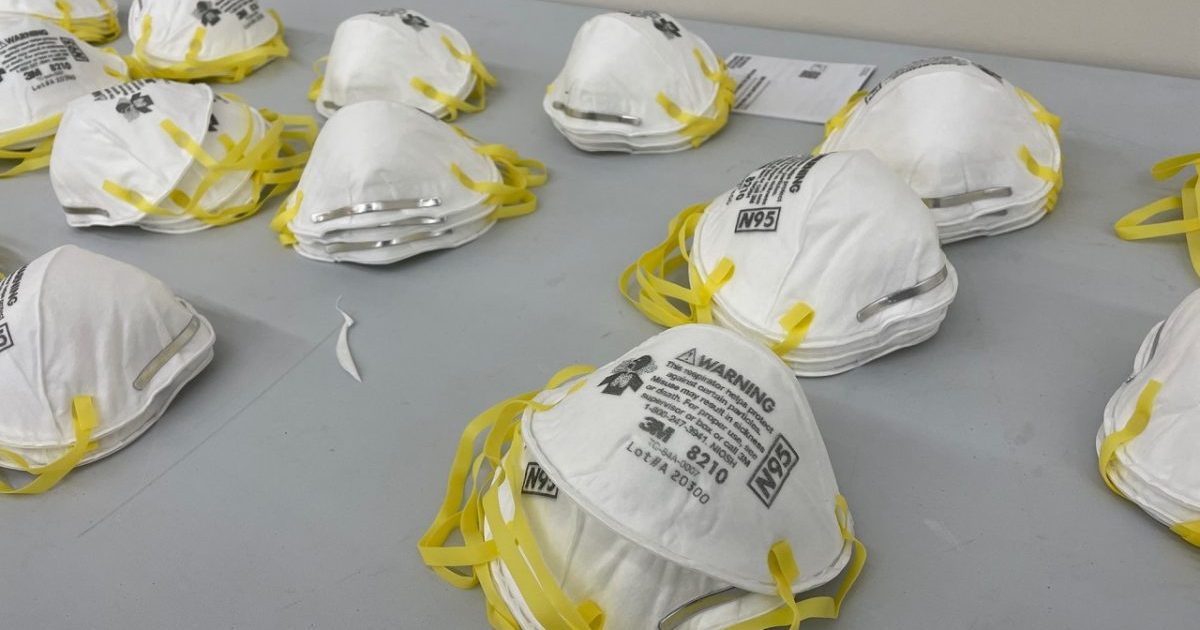COVID-19 cases on decline in Michigan, but it’s “not done with us,” Michigan’s top doctor says
COVID-19 and omicron cases are dropping — and so are masks. Dr. Natasha Bagdasarian talks about what’s next, and whether we’re easing up too quickly.

COVID-19 cases are dropping quickly across the country. In fact, the rate of new infections is down by almost two-thirds of what it was just a couple of weeks ago. Dr. Anthony Fauci, the president’s chief medical adviser, said last week that the U.S. is exiting the “full-blown pandemic phase” of the COVID-19 crisis.
“One of the things to really keep in mind is that this is not linear, this is not a straight line from pandemic to it’s over.” — Dr. Natasha Bagdasarian, Michigan Chief Medical Executive
But hospitalizations remain high nationally. That’s while some local health departments end mask mandates for schools and other settings. Are we almost out of this omicron wave that has sickened and killed so many people and disrupted our lives over the past couple of months? Or is it too soon to begin letting our guard down?
Listen: Michigan’s top doctor gives an update on the pandemic and what comes next.
Guest

Dr. Natasha Bagdasarian is Michigan’s chief medical executive, who serves as Gov. Gretchen Whitmer’s top medical adviser. She says the latest COVID-19 numbers in Michigan reflect “some really positive news.”
“All of our metrics are trending down,” says Bagdasarian. “And not only are they trending down, when we look at our overall statewide metrics, but they’re trending down in all of our areas.”
She says Michigan’s rate of new COVID-19 cases are at 235 weekly cases per 100,000 as of Tuesday morning. That’s compared to 1,400 “just a few weeks ago.”
Michigan’s COVID-19 test positivity rate is at 11.5%, which she says has “come down precipitously.”
“And, of course, the best metric is our hospital capacity, and the number of patients in the hospital with COVID,” says Bagdasarian. “So we are down to 12% of our hospital beds occupied by COVID patients. And we had been well over 20-to-23% at the peak of our surge.”
While Bagdasarian says she is “feeling really positive about this news,” she says that it’s important that Michiganders continue to be cautious.
Related: Oakland County drops order requiring masks in schools
“One of the things to really keep in mind is that this is not linear, this is not a straight line from pandemic to it’s over,” she says. “What we’re actually talking about is having to take a few steps forward, and then maybe take a step back, and move forward. And again, maybe take a step back when another surge hits us.”
“COVID is not gone. COVID-19 is not done with us,” she continues. “And we need to be able to think in a long term way so that we can both message when it’s time to take increased precautions and when things are risky. And also, we need to be able to message to the public when it’s OK to take a sigh of relief, when it’s OK to breathe a little bit easier, when it’s OK to take part in some of those activities that we’ve been holding off on.”
Trusted, accurate, up-to-date.
WDET strives to make our journalism accessible to everyone. As a public media institution, we maintain our journalistic integrity through independent support from readers like you. If you value WDET as your source of news, music and conversation, please make a gift today.

